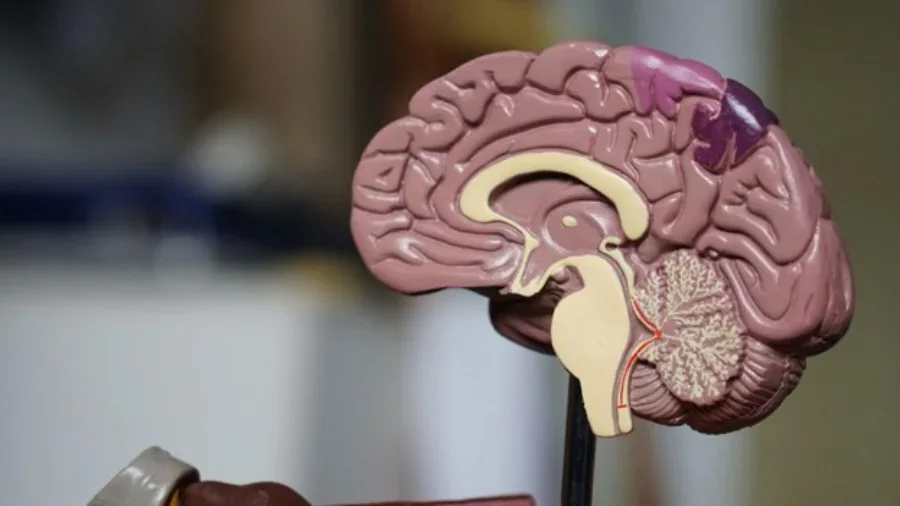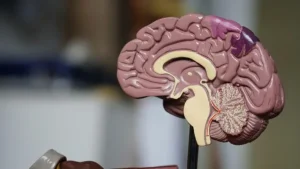I’ll never forget the client who came to my office with chronic tension headaches. Through our work together, we discovered they intensified every Sunday evening, right before her work week at a job that was slowly draining her. Her body knew what her mind was trying to ignore.
In my experience as a human being and as a therapist, I’ve learned that our bodies are constantly communicating with us, often before our conscious minds catch up. Today, I want to talk about the connection between our minds and bodies, and why ignoring one means we’re only doing half the work.
The Mind-Body Connection
Your thoughts influence how your body feels, and your body’s state directly impacts your emotional well-being. They’re in constant conversation. Anxiety makes your heart race and palms sweat. A stressful week leaves you with tight shoulders and exhaustion. This isn’t a coincidence; it’s your nervous system responding to psychological stress with physical reactions.
The interesting part? This works in reverse too. When we care for our bodies, we’re also caring for our minds.
When Your Body Speaks: Somatic Symptoms
Somatic symptoms like unexplained aches, digestive problems, tension headaches, chest tightness, or chronic fatigue are your body’s way of signaling that something isn’t right emotionally.
Here’s what I want you to understand: these symptoms are real. They’re not “just in your head.” In therapy, we work to understand these messages. What is your tight chest trying to tell you? What boundary might that stomach ache be urging you to set?
The Foundation: Getting Back to Basics
Before deeper therapeutic work, we need a solid foundation. These three pillars either support or undermine everything else.
Food: Blood sugar fluctuations can mimic anxiety symptoms. You can’t think your way out of low blood sugar. Sometimes the most effective intervention isn’t a new coping skill, it’s a balanced breakfast. Are you eating regularly? Getting enough protein? Drinking water?
Sleep: Sleep deprivation makes everything harder. Our emotional regulation suffers, stress tolerance drops, and accessing rational thought becomes difficult. We explore not just sleep hygiene, but what gets in the way, racing thoughts, revenge bedtime procrastination, or worries about tomorrow.
Movement: When we experience stress, our bodies prepare for fight-or-flight. But we can’t always act on it. All that activated energy gets trapped. Movement helps complete that stress cycle. A walk, stretching, dancing in your kitchen, all of it counts. The goal isn’t fitness; it’s release.
Five-Sense Resourcing: Anchoring in the Present
This grounding technique uses your senses to anchor you in the present moment. It’s especially helpful when anxiety pulls you into worst-case scenarios or trauma memories pull you into the past.
Sight: Identify five things you can see. Really notice colors, shapes, and textures.
Touch: Find four things you can physically touch. Texture provides immediate feedback that you are embodied and present.
Sound: Listen for three sounds around you: the hum of a heater, birds outside, and distant traffic.
Smell: Identify two things you can smell. Smell connects directly to our emotional centers, making it powerful for regulation.
Taste: Notice one thing, you can taste a sip of tea, a piece of gum, or simply the taste in your mouth.
I’ve had clients use this during panic attacks, before difficult conversations, and in moments of overwhelming emotion. It’s portable, free, and remarkably effective.
Bringing It All Together
We can’t separate our minds from our bodies. When you feel anxious, depressed, or stuck, we explore not just thoughts and feelings, but what you’re eating, how you’re sleeping, whether you’re moving, and what sensations you’re experiencing.
If you’re struggling, start small. A glass of water before coffee. A five-minute walk. Three deep breaths while noticing what you see, hear, and feel.
Your body has been trying to communicate with you all along. The invitation is simply to start listening.
If you’re dealing with concerning physical symptoms, please consult with a medical professional. Comprehensive care often involves both medical and mental health support working together.
Julie Blair is a Registered Social Worker and Psychotherapist at Your Therapy.
Your Therapy is a safe, welcoming counselling therapy practice in the Greater Toronto Area. Thanks for reading and, as always, please feel free to reach out with questions about talk therapy or other mental health issues. We offer Individual, Couple and Family Therapy.








